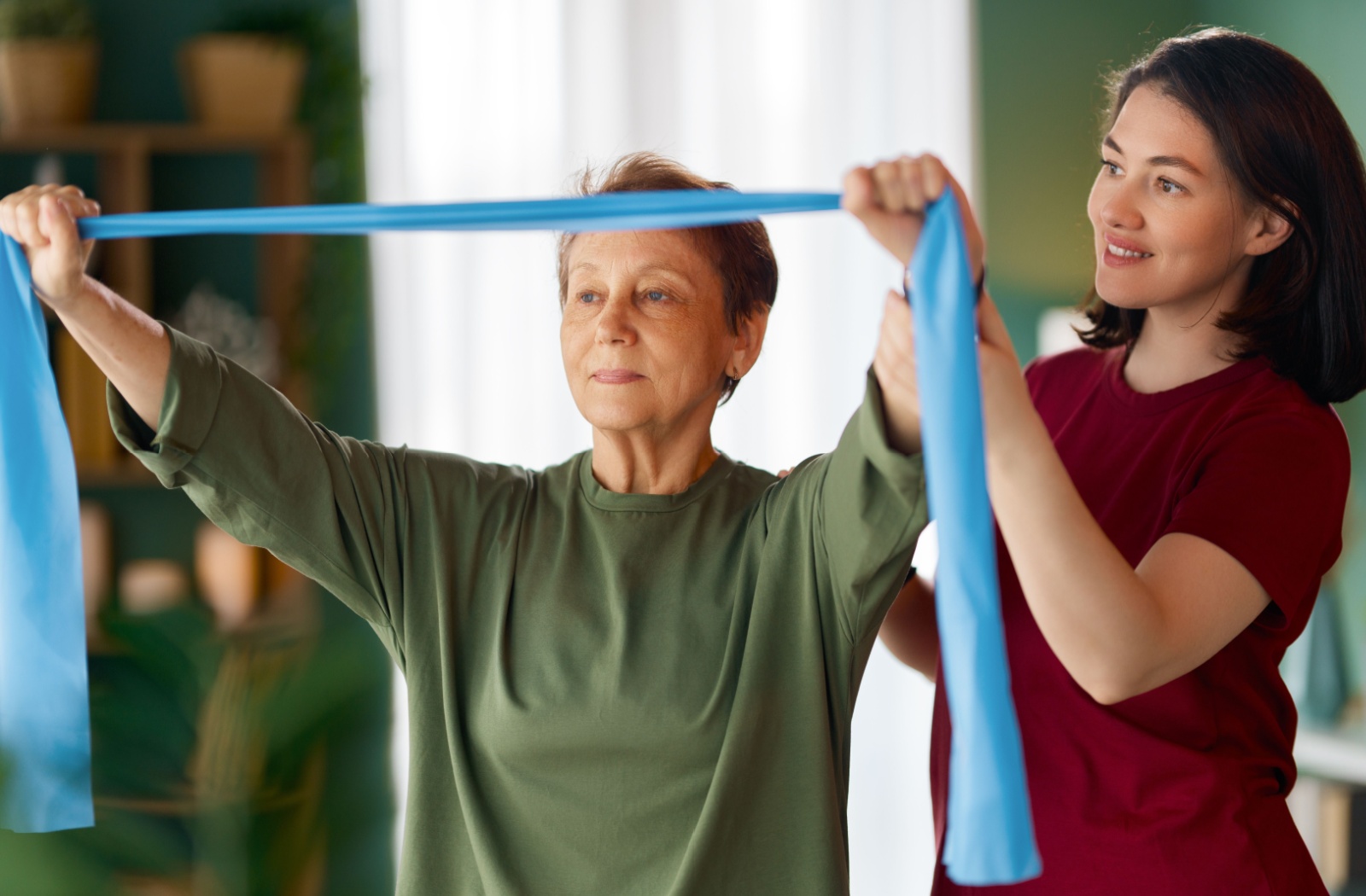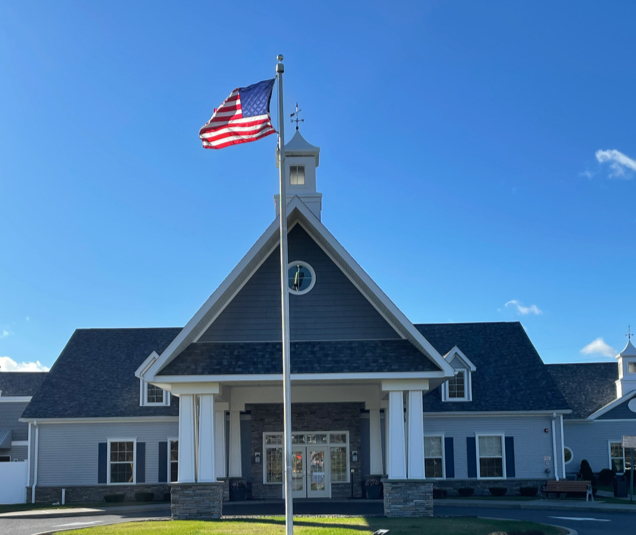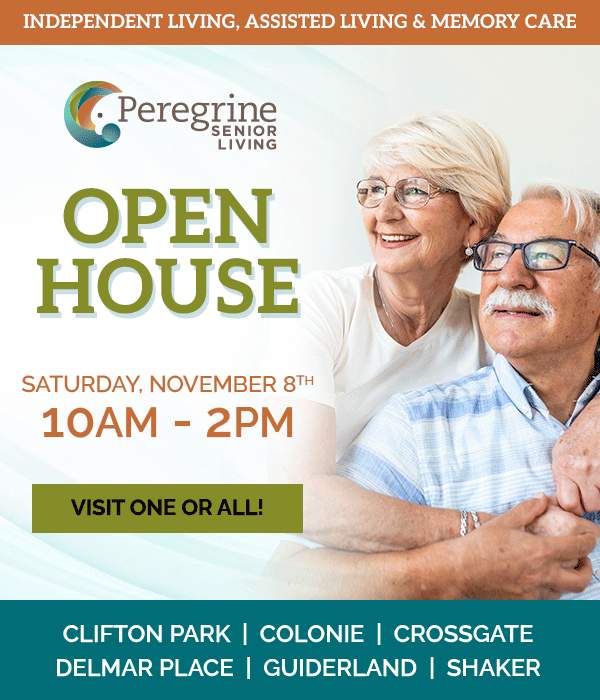Staying physically active plays a powerful role in healthy aging, but for seniors living with dementia, movement becomes even more vital. In memory care settings, regular exercise is used not just for physical health, but also to support emotional well-being, reduce agitation, and foster moments of clarity and connection.
The right activities don’t have to be strenuous—in fact, they’re often simple, joyful, and deeply therapeutic. Walking, chair exercises, dancing, resistance band activities, and gentle practices, like yoga or tai chi, can all improve balance, mood, and mobility.
Whether it’s stretching to familiar music or taking a calm stroll through the garden, movement supports the mind, body, and spirit—helping individuals with memory loss feel more confident, engaged, and at ease.
What Is Dementia?
Dementia is a general term for a decline in cognitive function that interferes with daily life. It impacts memory, reasoning, and sometimes physical coordination or behavior. The most common form is Alzheimer’s disease, which makes up 60–80% of cases. Other types include vascular dementia, Lewy body dementia, and frontotemporal dementia.
While each type of dementia presents differently, many older adults experience changes in balance, strength, and coordination as the condition progresses. Incorporating regular movement helps maintain physical abilities for longer, reduces restlessness, and improves overall well-being.
Why Movement Matters in Dementia Care
Maintaining Strength & Balance
As we age, muscle mass naturally declines, which can lead to weakness and an increased risk of falls. Seniors with dementia may have difficulty processing spatial awareness or remembering to use mobility aids, increasing the risk of injury.
Simple strength and balance exercises help maintain mobility and independence. Chair exercises, leg lifts, and gentle resistance training can keep muscles strong and joints stable, supporting daily tasks, like walking, sitting, and standing.
Reducing Agitation & Anxiety
Dementia can cause feelings of confusion, frustration, and restlessness. Structured movement provides an outlet for energy and a way to redirect difficult emotions. Gentle physical activity helps release endorphins—natural chemicals in the brain that boost mood and reduce anxiety.
When integrated into daily routines, movement can also create a sense of rhythm and predictability, which helps reduce agitation and sundowning behaviors.
Supporting Sleep & Appetite
Many individuals with dementia struggle with irregular sleep or changes in appetite. Movement throughout the day supports the body’s natural sleep-wake cycle and can stimulate hunger. These simple improvements often lead to better overall health and a more stable daily routine.
Best Types of Exercise for Seniors with Dementia
Walking
Walking is one of the safest and most effective forms of exercise for seniors with dementia. It requires no special equipment and can be done indoors or outside. Short walks through the hallway, garden, or courtyard allow for both physical movement and sensory stimulation.
Familiar walking paths and consistent routes provide comfort, while walking with a caregiver or companion offers a chance for gentle conversation and connection.
Chair Exercises
For individuals with limited mobility or those in later stages of dementia, seated exercises provide a safe and effective way to stay active. These might include:
- Arm lifts
- Leg extensions
- Shoulder rolls
- Gentle stretching
Chair exercises are easy to adapt and can be done one-on-one or in group settings with music, which makes them more enjoyable and easier to follow.
Dancing
Dancing is an excellent way to combine movement with music—two powerful tools in dementia care. Music often triggers emotional and long-term memory, helping residents feel more connected and present. Dancing also supports coordination, balance, and cardio health.
From simple sway movements to following a few guided steps, dancing is as much about joy and expression as it is about fitness.
Tai Chi or Yoga
Both tai chi and chair-based yoga are gentle, flowing practices that emphasize balance, controlled movement, and breathing. They help improve posture, flexibility, and calmness. These practices are especially helpful in reducing falls and promoting a sense of inner peace.
In group settings, they also promote social interaction and focus, which can help reduce symptoms of confusion and disorientation.
Resistance Band Activities
Using soft resistance bands allows for safe strength training without heavy equipment. Simple movements like pulling, pressing, or stretching the bands improve upper and lower body strength. Bands are lightweight, portable, and ideal for one-on-one or group sessions.
Care should be taken to ensure proper technique and supervision during these activities, especially for those with limited coordination.

Creating a Safe & Supportive Exercise Environment
Tailor Activities to Each Person
Every person living with dementia is different. What works well for one individual may not be suitable for another. Caregivers and staff should take time to understand each resident’s physical ability, cognitive stage, interests, and preferences before creating a movement routine.
Some may thrive in group classes, while others may prefer quiet one-on-one activities. The key is to start small, build confidence, and celebrate every success, no matter how small.
Prioritize Safety
Dementia can affect balance, depth perception, and reaction time. Movement activities should always take place in safe, clutter-free environments with proper supervision. Footwear, hydration, and fatigue should also be monitored carefully.
Seated exercises or holding onto a stable surface can help reduce fall risks and increase confidence during participation.
Keep It Enjoyable
The goal is not intensity—it’s enjoyment. When movement feels fun and rewarding, individuals are more likely to participate consistently. Choose music they love, incorporate familiar routines, and make it part of a daily rhythm they can anticipate and enjoy.
The Emotional & Social Benefits of Group Movement
Group movement classes provide more than just physical exercise—they offer valuable opportunities for connection and engagement. Group experiences are especially important in dementia care, where verbal communication may be limited. Shared movement becomes a new language—one rooted in rhythm, gesture, and expression.
A Path to Wellness, Connection, & Joy
Exercise can be more than just a physical routine—it can serve as a vital tool in memory care. It encourages focus, reduces stress, and brings structure to the day. When paired with music, rhythm, or repetition, movement can even help trigger long-term memory.
At Peregrine Senior Living at Colonie in New York, we understand the impact that purposeful movement can have on residents living with dementia. Our team offers compassionate, personalized support through safe, enjoyable, and enriching activities designed to promote wellness in mind, body, and spirit.
Schedule a visit to discover how movement and memory care come together in a supportive, uplifting environment. A body that moves is a body that remembers.













Dreaming of spring while the snow falls outside ❄️
We love flower arranging! 💐 ... See MoreSee Less
1 CommentsComment on Facebook
Today is National Compliment Day! It’s a reminder to share encouragement and appreciation freely. Remember, it costs nothing to be kind, but the impact of a thoughtful word can last a lifetime!
Tell a friend they make you smile. Thank a caregiver for their dedication. Compliment a resident on their sense of humor or style. 😁
We’ve seen how positivity strengthens bonds and brightens spirits. Let’s make today—and every day—a little kinder.
peregrinecolonie.com/ ... See MoreSee Less
0 CommentsComment on Facebook
Who needs coffee in the morning when you have Latin rhythm and dancing with Carlos?? 💃🏻
Music, movement, and laughter fuel your mind, body, and soul 💜 ... See MoreSee Less
2 CommentsComment on Facebook
Today, we honor the life and legacy of Dr. Martin Luther King Jr.—a leader whose message of equality, compassion, and courage continues to inspire us all.
His dream reminds us that even small acts of kindness can ripple outward and create lasting change.
May we carry his vision forward by leading with empathy, listening with understanding, and building communities grounded in love and unity.
peregrinecolonie.com/ ... See MoreSee Less
0 CommentsComment on Facebook
A new year means new beginnings, and for many, that includes finding a place that feels like home. 🏠❤️
Our community offers the perfect blend of comfort, engagement, and care. Whether you’re looking for a vibrant social lifestyle or the peace of mind that comes from knowing support is always nearby, you’ll find it here.
Schedule your tour today and see how life at Peregrine can help you or your loved one thrive in 2026 and beyond!
peregrinecolonie.com/ ... See MoreSee Less
Learn More
Senior Living | Peregrine Senior Living at Colonie
peregrinecolonie.com
Senior living and memory care near Albany, NY in Colonie. We provide compassionate, supportive care for your loved one. Schedule a tour today!0 CommentsComment on Facebook
As we turn the page to a new year, we take a moment to reflect on the memories we’ve made and the friendships we’ve built. Every new beginning brings fresh opportunities for connection, growth, and joy. 💫
Here’s to a year filled with purpose, peace, and the beautiful moments that remind us how wonderful life can be.
Happy New Year from all of us at Peregrine! 🎆
peregrinecolonie.com/ ... See MoreSee Less
2 CommentsComment on Facebook
3, 2, 1… Happy New Year! 🎊🎉 Cheers to 2026! 🪩✨ ... See MoreSee Less
5 CommentsComment on Facebook